In almost 20 years of writing about the cost of reputation damage and by implication reputation as a risk, there are two fundamental givens. The first is that the value of reputation is only known when it is lost: like memory or innocence we only appreciate it when its gone. The second is that it is always caused by human behaviour revealed to be shockingly out of step with an expected pattern. This disparity will cause outrage among the betrayed or misled: damage depends on the size of this gap.
Let’s look at two distinctly different examples with surprising similarities: Elon Musk and Cristiano Ronaldo to consider the question: How quickly can one fall from hero to zero? The former is the billionaire owner and creator of the electric car brand Tesla, the latter a world-famous Portugese footballer recently signed by the Italian team Juventus. Within the past couple of months each has suffered reputational damage that can be priced now the nature of damage is known, although it is too soon to determine the full cost at this stage.
Elon Musk tweeted on 7 August 2018 that he planned to take his company private and that he had ‘funding secured’, this sent the markets into a spin and reduced the value of his company by $20billion within 8 weeks. The US regulator, SEC decided that he had fraudulently misled investors through a deliberate attempt manipulate share price, a criminal activity to be penalised. Musk has avoided criminal prosecution through a fine: the SEC extracted a $20million fine from him and a $20million fine from Tesla for allowing him to influence the price of their shares.
Cristiano Ronaldo was sold by Real Madrid to Juventus on 10 July 2018 for a £100million this summer in a bid by Juventus to regain prestige in the Italian top league. In Italy this summer every souvenir shop sported replica Juventus shirts with the Ronaldo name, such was the welcome that the Italians were prepared to extend to the iconic player. At the end of September an American woman filed a rape claim against Ronaldo in a Las Vegas court which he vehemently denies. Nevertheless within days the stigma of possibility has reduced the value of Juventus shares by €100million and led to the possibility of sponsorship withdrawal by Nike.
What have these two examples of damage in common? Firstly they indicate that value-critical audiences (regulators, shareholders etc) will react to feeling misled or deceived whether this justified or not. They have invested in something that turned out to be worth a lot less than they were led to believe. This results in anger, suspicion and resentment but, as in war, Truth is the first victim. Not only is there a perception that have they backed the wrong horse, but their judgement is now questioned by their peers, neatly demonstrating the contagion of reputation damage.
It hardly matters whether the claims against Ronaldo are true, damage has been done. In Musk’s case the governance risk of a maverick CEO is now known, but electric cars still have a future. The lesson for those keen to mitigate or insure reputation risk is that human behaviour can neither be tamed nor predicted. Heroes usually come with an Achilles heel, which the media will find and exploit for any celebrity considered newsworthy. The financial cost of reputation damage can be set in dollars, euros or pounds, but it is damage to lost trust that is hardest to measure.
For more information contact info@chiron-risk.com
© Garry Honey, Chiron risk, 8 October 2018

